The Partners
Please click a logo for more information on our partnersLead partner:
 |
National Physical Laboratory (NPL) |
NPL is a world-leading centre in the development and application of highly accurate measurement techniques. As the UK's national standards laboratory, NPL underpins the national measurement system, ensuring consistency and traceability of measurements throughout the UK. Other areas of expertise include the design and characterisation of engineering materials, and the development of mathematical software,
especially its application to measurement and instrumentation.
www.npl.co.uk
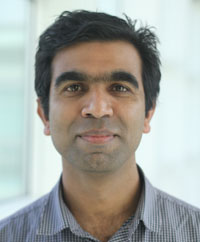 Deb Roy |
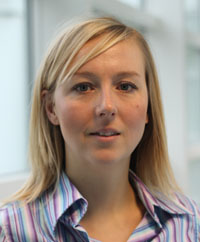 Alice Harling |
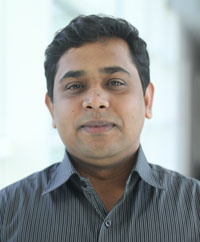 Naresh Kumar |
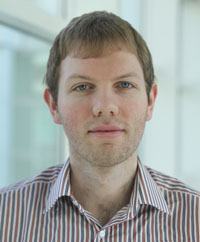 Ali Rae |
 Scott Phillips |
Funded partners:
 |
CMI |
The Czech Metrology Institute (CMI) is the National Metrology Institute of the Czech Republic. Since 1998, a scientific group later forming the Department of Nanometrology has focused on scanning probe microscopy metrology and related method development. At present this includes providing traceability for scanning probe microscopy methods (metrology SPM), developing methods for quantitative analysis of different physical quantities with nanometre resolution and numerical analysis. The main effort of the Department is distributed between scientific projects, instrumentation development and publication activities.
CMI is developing a software for nanoscale to microscale simulation of electromagnetic field propagation using Finite Difference in Time Domain method. This software is used within the project for calculation of light-matter interaction in different configurations of Raman measurements, including micro - Raman, TERS and SERS measurements.
 |
Istituto Nazionale di Ricerca Metrologica (INRIM) |
The Istituto Nazionale di Ricerca Metrologica (INRIM) is a public body under the jurisdiction of the Ministry of Education, Universities and Research. INRIM is devoted to the study of the science of measurements and to research into materials; furthermore it works on developing innovative technologies and devices. Performing the duties of primary metrological Institute, INRIM realises the primary standards for the basic and derived units of the International System of units (SI), assures the maintenance of such standards, their international comparison, provides the national measurements traceability to the SI, represents Italy in the international metrology.
Its main research activities deal with the fundamental physical constants (e.g. Avogadro and Boltzmann constant), new primary standards, innovative materials, nanotechnology, quantum technologies (quantum information, imaging and metrology) metrology for chemistry and artificial vision.
INRIM supports local and European technological innovation for industry, participates in EU research programmes (e.g. its partner in the Galileo project as for Time metrology), collaborates for the accreditation of the calibration laboratories in Italy, provides technical certification and consultancy services, promotes and divulges research supervising diffusion of the results by scientific literature, in the productive sectors and in the society
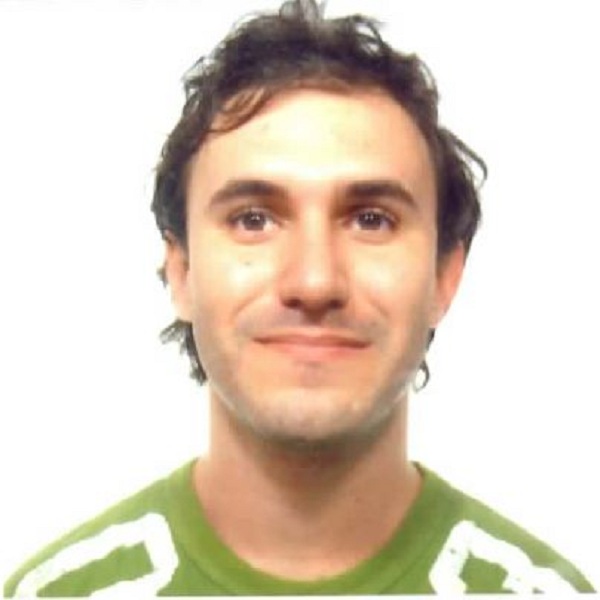 Dario Imbraguglio
Dario Imbraguglio
INRIM website: www.inrim.it
Thermodynamics website: www.inrim.it/res/te_i.shtml
INRIM Point of contact: inrim@inrim.it
Thermodynamics Point of contact: v.fernicola@inrim.it
 |
The Physikalisch-Technische Bundesanstalt (PTB) |
The Physikalisch-Technische Bundesanstalt (PTB) is the national metrology institute of Germany. PTB performs fundamental research and development work in the field of metrology as a basis for all the tasks entrusted to it in the areas concerning the determination of fundamental and natural constants, the realization, maintenance and dissemination of the legal units of the SI, safety engineering, services and metrology for the area regulated by law and for industry, as well as technology transfer.
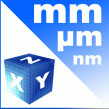 PTB.de
PTB.deDivision website: Metrology in Chemistry
JRP MADES Contact Person:
Dr Harald Bosse
REG partners:
 |
ETH Zurich, Switzerland |
ETH Zurich is one of the leading international universities for technology and the natural sciences.
It is well-known for its excellent education, ground-breaking fundamental research and for putting its new findings directly into practice. It offers researchers an inspiring working environment and its students a comprehensive education.
Founded in 1855, ETH Zurich today has some 18,000 students from over 100 different countries,3,800 of whom are doctoral students. About 500 professors currently teach and conduct research in the areas of engineering, architecture, mathematics, natural sciences, system-oriented sciences, and management and social sciences.
ETH Zurich regularly appears at the top of international rankings as one of the best universities in the world. 21 Nobel Laureates have studied, taught or conducted research at ETH Zurich, underlining the excellent reputation of the institute.
Transferring its knowledge to the private sector and society at large is one of ETH Zurich's primary concerns. It does this very successfully, as borne out by the 80 new patent applications each year and some 260 spin-off companies that emerged from the institute between 1996 and 2012. |
King's College London |
King's College London is one of the top 20 universities in the world (2013-4 QS international world rankings) and the fourth oldest in England. A research-led university based in the heart of London, it has more than 25,000 students (including more than 10,000 postgraduates) from 140 countries and over 6,500 employees. The study of Physics at King's College London dates back to its foundation in 1829; the first Professor was Sir Charles Wheatstone and other former professors include James Clerk Maxwell, while six Nobel Laureates have studied, taught or conducted research within the Department of Physics at King's College London. Current research in the Department is focused in three research groups: Theoretical Particle Physics & Cosmology; Theory & Simulation of Condensed Matter; Experimental Biophysics & Nanotechnology.
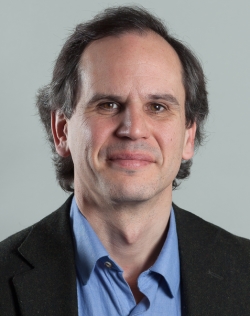 David Richards |
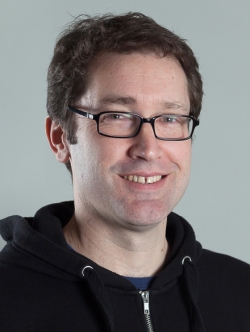 Brad Littleton |
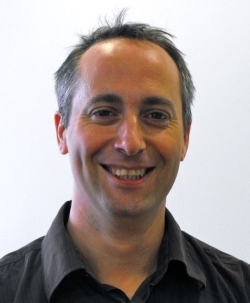 Frederic Festy |
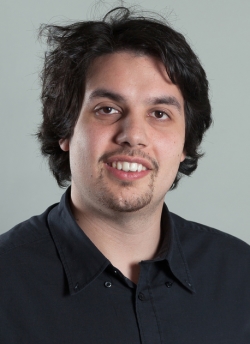 Thomas Kavanagh |
Unfunded partners:
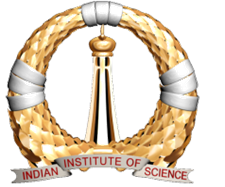 |
Indian Institute of Science |
The premier higher education institute in India. Education and research in science and engineering has been the main focus at the Institute. Sir C V Raman was the first Indian Director of this institute, which celebrated its centenary celebrations in 2009.
Contact: Prof S Umapathy
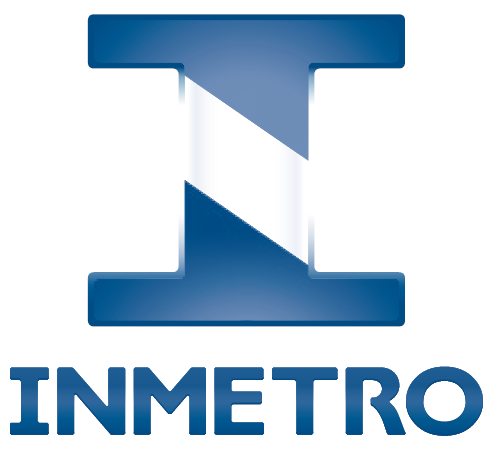 |
INMETRO |
National Institute of Metrology, Quality and Technology (Inmetro) was created by law in December 1973, to support Brazilian enterprises to increase their productivity and the quality of goods and services. Its major task is to improve the quality of life of the ordinary citizen as well as to seek the competitiveness of the economy through metrology and quality.
One of the main tasks of Inmetro is to maintain the national measurement standards in the country; to establish and maintain their metrological traceability to the units of the International System of Units (SI), by participating in international or regional comparisons establishing their equivalence to internationally accepted standards and to standards of other countries; to extend the traceability chain to the standards of measurement in the country, turning them internally harmonic and compatible with the international level, envisaging its worldwide acceptance, all of them necessary to assure the quality of goods and services.
Collaborators:
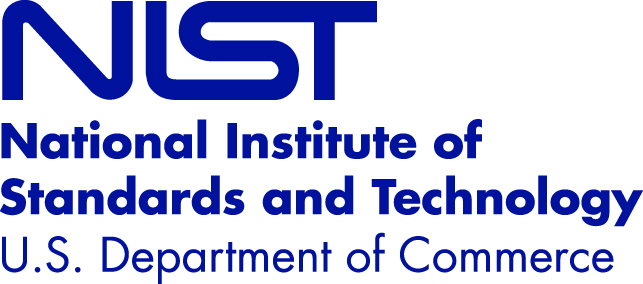 |
NIST |
Founded in 1901 and now part of the US Department of Commerce, NIST is one of the nation's oldest physical science laboratories. Today, NIST measurements support the smallest of technologies-nanoscale devices so tiny that tens of thousands can fit on the end of a single human hair-to the largest and most complex of human-made creations, from earthquake-resistant skyscrapers to wide-body jetliners to global communication networks.
 |
NMI |
The NMI is a member of the Innovation Alliance Baden-Württemberg. It is involved in application-oriented research at the interface between the life sciences and material science. An interdisciplinary team of scientists is developing new technologies for companies and public research sponsors in the areas of pharma and biotechnology, biomedical technology, and surface and materials technology.
The microsystems and nanotechnology team of Dr Claus J Burkhardt is developing new methods for correlative nano analytic in the fields of electron microscopy, scanning probe microscopy and Raman spectroscopy.
